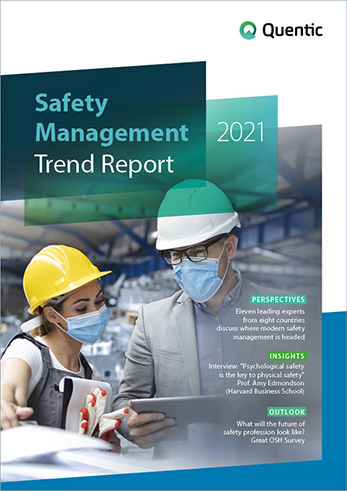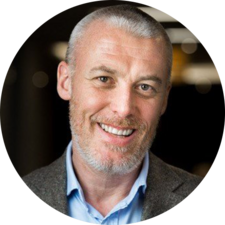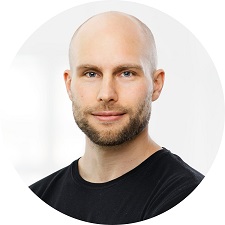Andrew Sharman: But practitioners will also have to make sure that they use this newly gained trust by their companies to broaden the dialogue. Despite bringing the pandemic issues under control, the situation offers great opportunity to also bring othersafety-related topics, such as mental health and wellbeing, to the table.
Focus on safety culture and psychological safety
Timo Kronlöf: That's definitely true. We have spoken about psychological safety with Amy Edmondson from Harvard Business School. What made me thinking was that Amy said, that the best performing teams may actually have poorer numbers in terms of incidents and near misses. They might report much more hazards and risks, because they feel psychologically safe to do so, whereas other teams might try to hide deviations out of fear of speaking up. I definitely see a risk that people are afraid of speaking up and refrain from reporting mistakes. Would you see that kind of risk as well?
Andrew Sharman: I think that risk is not new. The culture of an organization influences the behavior of the individuals that operate within that culture. So, if the workplace culture is negative, I am not going to step up and say “I have concerns”. But there is another psychological risk that is very present at the moment. At IOSH we have talked to OSH practitioners around the globe and 75% of them are saying, that they, themselves, have a level of anxiety caused by the coronavirus pandemic. These fears can be of the virus itself, but also of very substantial nature. Many are insecure about the future of their jobs and their companies. This will introduce a new way of thinking about psychological safety as well.
Timo Kronlöf: Definitely. And I think that leadership plays an important role here to provide the psychological stability for their people and accompany the changes caused by the pandemic effectively at the same time.
Andrew Sharman: Yes. And besides the organizational changes that may occur, leaders will need to look at how culture is changing and think about their roles in influencing the culture. If we accept that fear and anxiety can change behaviors and culture, then leaders
need to step up here. They have to generate trust, show authenticity and build credibility to be able to grant a level of psychological safety.
Timo Kronlöf: You talk about leadership and EHS and safety managers. But, very often these are not leadership positions. Who do you refer to when
you talk about taking leadership in health & safety?
Andrew Sharman: Leadership isn't a position, it's a behavior. Not a title. It’s what you do. We all have the potential to be leaders, because leadership is a skill. So I am talking about the need for leadership across the entire organization.
1% safer: sustainable success in occupational safety
Timo Kronlöf: I think, you have demonstrated great leadership on many frontiers. I have been observing the 1% safer movement closely, recently. You have had quite a few projects along the time I have known you.
What is special about the new, 1% safer project?
Andrew Sharman: The thing that I really can't stand in safety is the binary approach to performance. The focus on zero accidents as a target. If you get one accident or 100 accidents – you failed the target. But, failing is not a motivator and putting that huge pressure onto people that only zero accidents are acceptable is myopic.
Now, I said earlier that we haven't really made that much progress. There are 2.78 million deaths every year related to work, that’s 7616 people every day, 317 people dead every hour, one every 10 seconds. 1% safer tries to approach this using the concept of marginal gains or incremental progress. If we can make the world 1% safer, then 28,000 people will go
home without harm every year.
So, the book, which is the spearhead of the project, wants to help organizations to not concentrate on zero as a target, but on real, sustained progress. We have 142 of the world’s leading thinkers in OSH in this book, giving their best advice to make organizations on the planet 1% safer.
Timo Kronlöf: Definitely a very inspiring project. Thanks Andrew, I hope we hear much more from this and will keep an eye on this idea.







